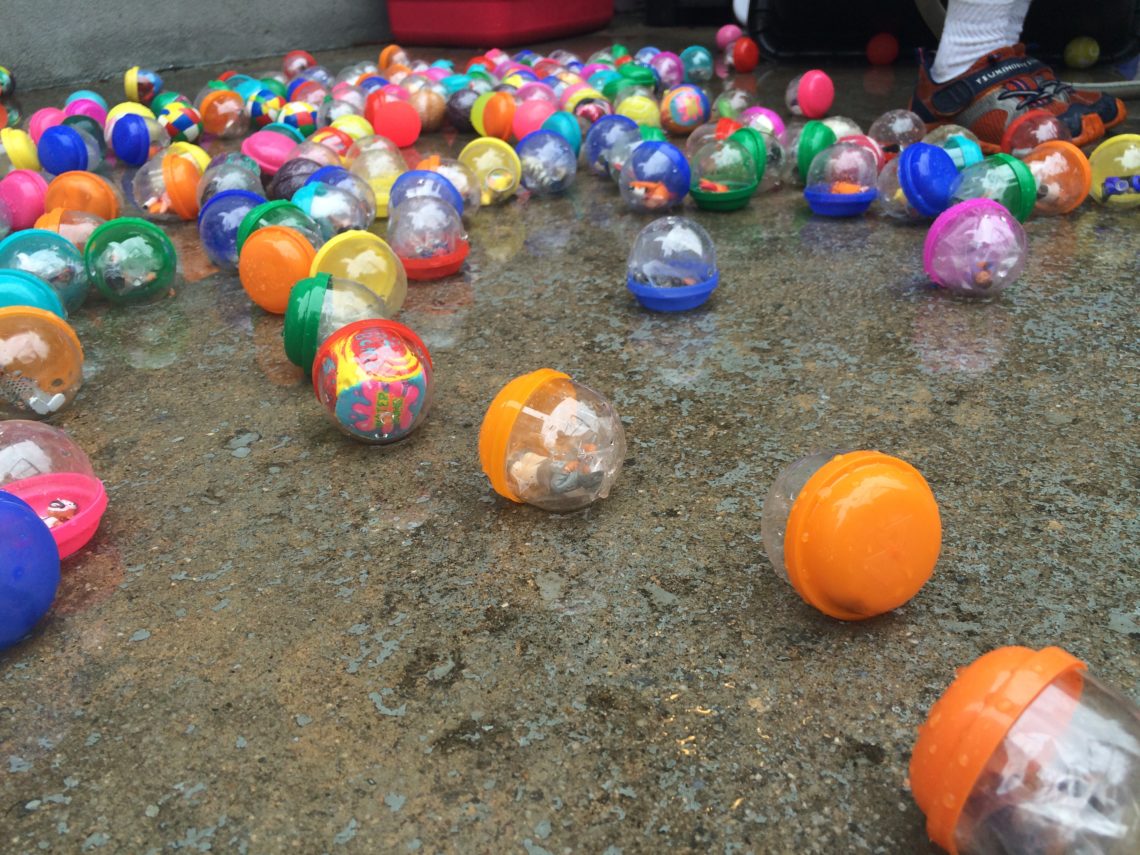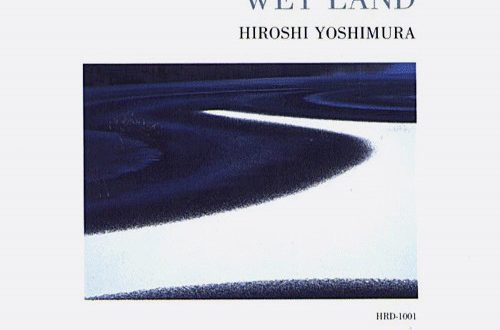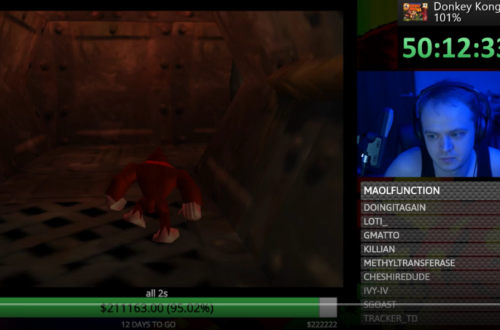Image: Surprise Eggs From The Dumpster, Mat Schell 2015
Some days sitting down to write these is easy and some days it’s not. Today is a non-easy day, for some reason my neck and shoulders are super tense and painful. I went swimming yesterday and did a dive off a diving block (slightly showing off for my sons) and somehow in the process of jumping in both calves totally seized up and went into cramps, and I hit the bottom of the pool with my fingers, having dove too deep. This is what I get for showing off. So everything hurts today. Not badly, but enough to make me grouchy.
Lately I’ve been thinking about how artists can make a living in our current late capitalist system and survive. I think about it for myself, but also in a broader sense. Art is valuable, but not useful. It’s rare that we urgently need to buy a piece of art. It’s almost always a kind of indulgence or tertiary concern. Many of us feel an urgent need to make art and so as a result there is art getting made but in my opinion not a great framework for supporting it in the market. To be clear, when I refer to art, I’m thinking about stuff that explicitly does not fit into traditional ideas of usefulness. For example a tastefully composed black and white photo of a pier can be hung in a hotel room as decoration. It’s serving a purpose there and making the hotel feel different than if it had Ikea commodity paintings on the wall. But it’s not particularly expressing anything for us, and thereby I’d say in that context isn’t really serving as art. Art, in my opinion is useless in day to day life. It serves as a mirror for us to reflect on, allows us to feel connected to it’s creator and maybe shows us a new perspective. These outcomes are valuable, in my opinion, but not useful in a straightforward sense.
Capitalism and modern economics with it’s myth of the ‘rational economic actor’ basically has no support for or understanding of art. Rational economic beings do not have souls that sing in the presence of art, and art is difficult to quantify, categorize and put in economic boxes. And it suffers for that. Entertainment has understandable economic value, clearly, serving as a kind of mental vacation or decoration for otherwise boring lives. Sometimes entertainment slips into art territory but often the two values are opposed. The fact that all human cultures have some kind of practice of art making and that we’ve done it for thousands of years suggests that this is something important for humans, but I believe the current system still fails to understand that or perhaps subverts it. Mostly art in the current system exists as a kind of surplus activity which exists outside of or beside capitalism, funded by government cultural grants, non-profits and bourgeois generosity.
One might think that because art prompts introspection and can provoke complex feelings it is seen as subversive to the contemporary economic model. The industrialization of human life called for a machine like human, standardized via the public education process with predictable competencies. These machine like humans need to tolerate a great deal of unpleasantness including life in the cramped quarters of cities and factories, extremes of boredom and alienation from their labor (and thereby huge tracts of their life). It’s possible that during the construction of the machine like human model it was realized that provocation and introspection were vectors for chaos and change, and therefore were discouraged. Instead the primary purpose of art-like activities was replaced with distracting entertainments and superficial decorations. These do serve a valuable purpose for the machine like human, allowing us to longer tolerate the conditions under which we are required to labor. I doubt that any shadowy cabal sat down and articulated this as an agenda, but as it is in the nature of complex systems to optimize for certain outcomes, I belive that this is one of the outcomes we are seeing. It’s worth noting that as we exit the industrial era into the information/internet era with it’s accompanying explosion of complexity and creativity, other ways of living may be possible.





